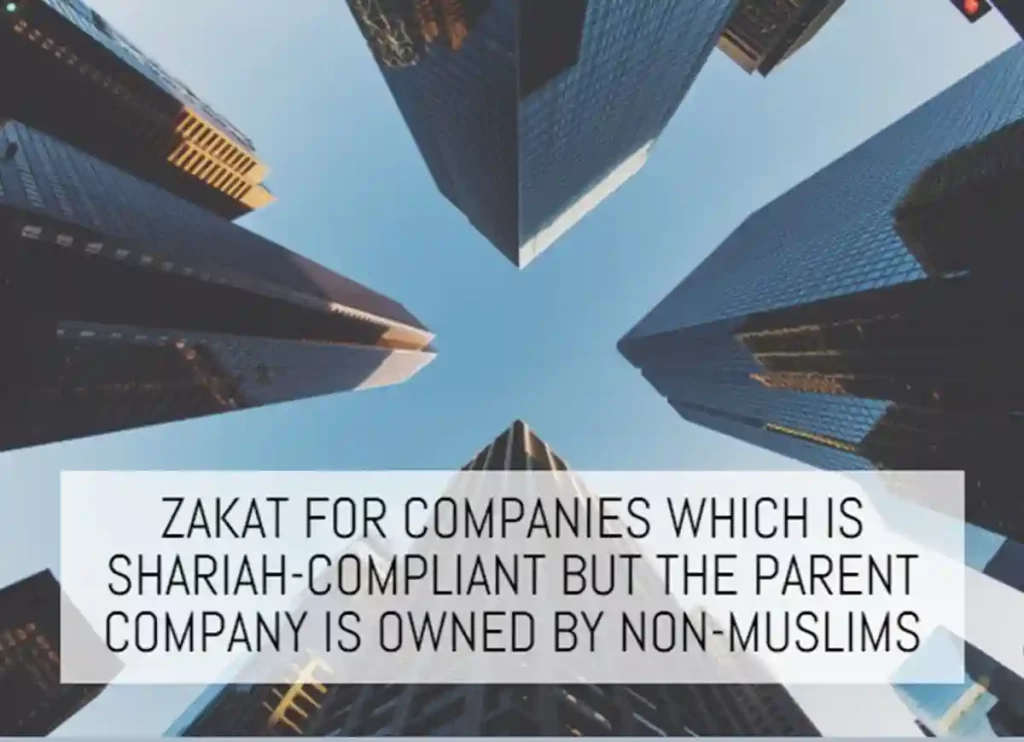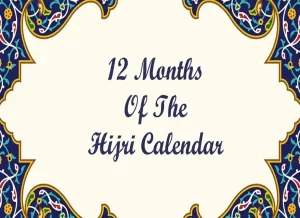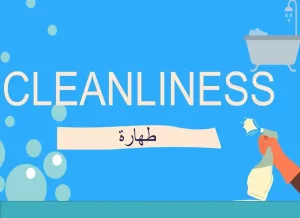Zakat is among the foundations of Islam. It is a form of wealth tax for religious purposes that is based on the net worth of the taxpayer, not income. It applies to both individuals as well as businesses by specific rules.
This article will review the most important zakat rules, specifically regarding businesses owned entirely by the government.
State-owned enterprises can be subjected to a levy of Zakah based on the compliance of various rules. If the company is required to have a commercial register, the goals or scope of work may be considered to belong directly to private companies according to the company’s association and articles of incorporation and any legal documents.
In terms of exclusion, businesses wholly owned by the government are not levying Zakah in the fiscal year in which all the company’s investments are not in the Kingdom or when the state Treasury finances the business’s budget.
If the state’s treasury funds the business, regulations define several factors and terms that have to be met to create a budget. In this case, the business’s activities are to assist authorities in the conduct of their work.
The majority of clients should come from government agencies, and sales of the company for the business sector need not be at most 10 per cent of total sales.
The company to whom the rules mentioned above are applicable can make an annual request not to be subject to a levy of Zakat. The request must comprise an application in writing to Zakah, Tax and Customs
Authority, following the form designed for this purpose, along with the documents required by the authority. The application must contain details of the required information and the company’s details and prove compliance with the regulations.
Additionally, the application must be submitted within the prescribed period stipulated within the executive rules governing the levying of Zakat. The period must be at most 120 days following the date of the closing of the fiscal year.
If the business delays applying until after the expiration of the statute period, the authority can approve the application provided that the company can provide acceptable justifications for the authorities.
If a corporation controlled by the government has more than one other company, every subsidiary company has to request an individual exemption from the authority. This rule applies to a fiscal year that begins on or after the 1st of January 2023.

ZAKAT:
- Zakah | Zakat al Mal | Zakat – Learn Islam
- Zakat ul Fitr | Muslim Charity – Learn Islam
- Beneficiaries of Zakah| Islamic Relief Worldwide
- Importance and The Significance of Zakat in Islam
- Zakat Facts | Importance of Zakah| Benefits of Zakat
- Zakat al Fitr: The Obligatory Eid Gift to Be Made Before The End of Ramadan
Categories: PRAYER (Salat), ALMS (Zakat), SAWN (Fasting) HAJJ (Pilgrimage) & DUA (Supplications), Hadith and Tafseer, The Holy Quran, Quran Jaz 1- 114
Topics: Ushr and Zakat, Hijab, Arabic Corner, Faith, Islamic History, Biography, Sirat ul Nabi PBUH, Islamic Studies, Halal & Haram








